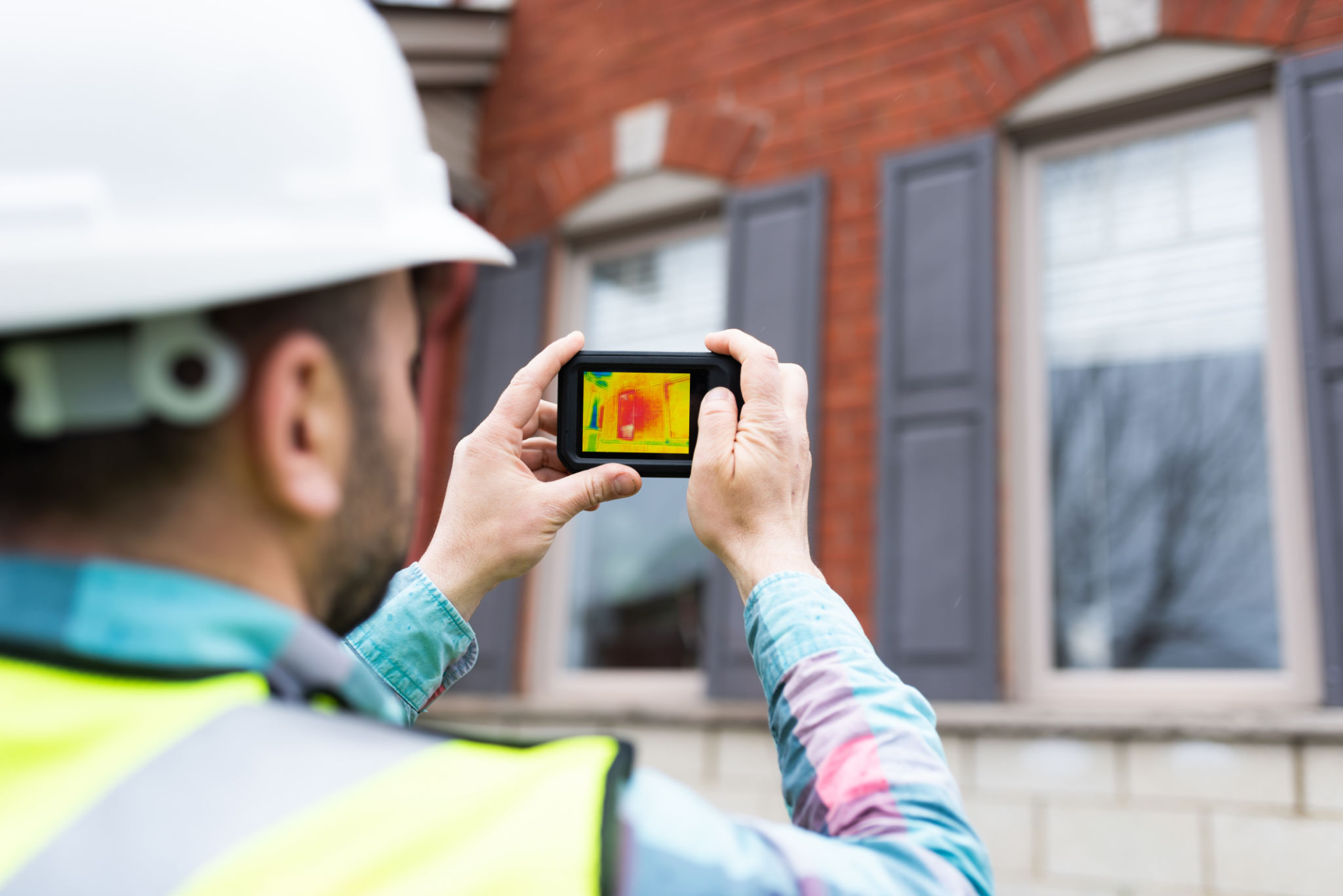Expert Tips for Energy-Efficient Home Upgrades
Understanding the Benefits of Energy Efficiency
Energy-efficient home upgrades not only help reduce your carbon footprint but also significantly lower utility bills. By investing in these upgrades, you contribute to a more sustainable future while enjoying enhanced comfort and savings in your home. Whether you're making small changes or considering major renovations, focusing on energy efficiency can yield long-term benefits.
One of the primary benefits of energy efficiency is cost savings. By implementing energy-efficient technologies and practices, you can reduce your energy consumption, leading to lower monthly bills. Additionally, many energy-efficient upgrades qualify for tax incentives and rebates, further offsetting the initial investment.

Insulation and Sealing
Proper insulation is crucial in maintaining a consistent indoor temperature, reducing the workload on your heating and cooling systems. Start by assessing your home's current insulation levels and consider upgrading to high-performance materials that offer better thermal resistance. Attics, walls, and floors are key areas to focus on for insulation improvements.
In addition to insulation, sealing air leaks around windows, doors, and other openings is essential. Use weatherstripping and caulk to seal gaps and prevent drafts. This not only improves comfort but also enhances the efficiency of your heating and cooling systems.

Investing in Energy-Efficient Windows
Windows are a significant source of energy loss in many homes. Upgrading to energy-efficient windows can greatly enhance your home's thermal performance. Look for windows with low-emissivity (low-E) coatings and double or triple glazing to minimize heat transfer.
Consider installing window treatments such as blinds or curtains that provide additional insulation. These can help regulate indoor temperatures by blocking heat during the summer and retaining warmth during the winter.

Upgrading to Energy-Efficient Appliances
Appliances account for a significant portion of household energy use. When it's time to replace them, choose models with the ENERGY STAR label, which indicates superior energy efficiency. This applies to refrigerators, dishwashers, washing machines, and other common household appliances.
Additionally, consider smart appliances that offer advanced features to optimize energy use, such as programmable settings and remote controls. These appliances can help you manage energy consumption more effectively.
Lighting Solutions for Energy Savings
Switching to LED lighting is one of the simplest and most effective ways to improve energy efficiency in your home. LEDs consume significantly less electricity than traditional incandescent bulbs and have a much longer lifespan.
Incorporate smart lighting systems that allow you to control lighting remotely and set schedules to ensure lights are used only when needed. This can further enhance your home's energy efficiency while adding convenience to your daily routine.

Utilizing Renewable Energy Sources
Integrating renewable energy sources like solar panels can dramatically reduce your reliance on conventional power grids. Solar panels convert sunlight into electricity, providing a clean and sustainable power source for your home.
While the initial investment for solar panels can be substantial, the long-term savings on energy bills and potential government incentives make it a worthwhile consideration for those looking to enhance their home's energy efficiency.
Smart Home Technology Integration
Incorporating smart home technology can optimize your home's energy use by automating systems like heating, cooling, and lighting. Smart thermostats learn your schedule and adjust temperatures accordingly, ensuring efficient energy use without sacrificing comfort.
Home energy management systems provide insights into your consumption patterns, helping you identify areas where you can improve efficiency. By monitoring usage, you can make informed decisions about where to focus your energy-saving efforts.

Final Thoughts on Energy Efficiency
Energy-efficient home upgrades offer a multitude of benefits, from reduced utility bills to increased property value. By prioritizing these improvements, you're investing in a more sustainable future while enjoying immediate cost savings. Start with small changes and gradually incorporate larger upgrades to make your home as energy-efficient as possible.
Remember that each improvement contributes to a larger goal of reducing environmental impact and promoting sustainability. By taking these steps, you not only enhance your own living environment but also support the global movement towards a greener planet.
